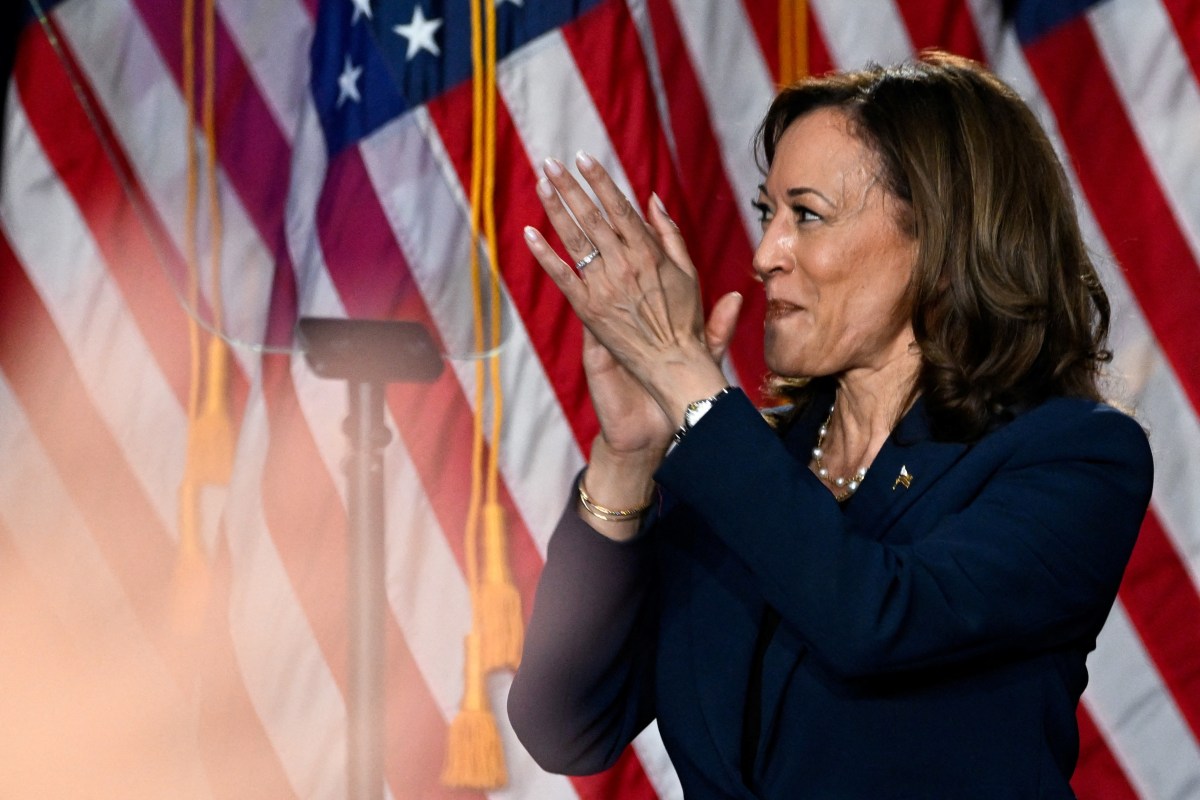Bay Ridge Rep. Michael Grimm is battling to keep 100-watt light bulbs on the shelves of your local hardware store, claiming the federal government doesn’t have a right to determine how Americans light their homes — but some environmentalists think his plan isn’t very illuminating.
The Ridge’s Republican representative attempted to kill a four-year-old law that called for substituting inefficient incandescent bulbs — the century-old technology that has been the standard light since Thomas Edison invented it — with more energy-efficient fluorescent ones, when he voted for the Better Use of Light Bulbs Act on July 12.
But that bill still failed to pass in the House, so Grimm joined his GOP brethren in an end-around: he and his colleagues made sure no federal dollars could be used to enforce or promote the bill by adding a line to the 2012 Energy and Water Appropriations Act, effectively killing the Energy Independence and Security Act of 2007, which would have completely banned 100-watt light bulbs by 2014.
Grimm wholeheartedly supported the sneak attack against the energy efficiency standards — which he sees as a victory for free will.
“Americans don’t need a nanny telling them what to put in their lamps. They’re quite capable of making that decision on their own,” Grimm said. “It’s no secret that the government has grown way too big, but when it starts limiting our choice in light bulbs, you’ve got to be kidding me!”
But some environmentalists don’t feel the same way.
“I don’t get it,” said Brian Wennersten, a green building consultant. “I read that even the descendants of Thomas Edison are behind [energy efficient bulbs]. I don’t understand why [he] wouldn’t [support the act].”
President Obama has vowed to undo the changes made to the Energy and Water Appropriations Act.
If enacted, the new efficiency standards would require light bulbs to be 25-30 percent more energy efficient by 2014 and 60 percent more efficient by 2020. It would invariably end the age of the 100-watt incandescent light bulb, which takes in much more power than it actually uses, according to the Congressional Research Service.
But Grimm says the law would force Americans to spend more for an everyday necessity: the average energy efficient bulbs costs about $3 while incandescent ones cost about 35 cents apiece, he said.
“In this economy, mandating that consumers buy expensive light bulbs is absurd,” he said. “We all want to move towards energy efficient options, but it shouldn’t be through a mandate that breaks the backs of America’s hard-working taxpayers.”
Environmental groups claim that energy efficiency standards are too important to ignore.
“This is a public-health issue,” said Elena Craft, a scientist with the Environmental Defense Fund. “These [energy efficiency mandates] are in the best interest of public health, just like seat belt laws and other laws designed to protect the public. Most of the energy used to power the country come from coal-fired power plants which can be very harmful to our environment, so if this nation adopts policies that require more energy efficient light bulbs to be used, it’s doing it in the public’s interest.”
Not all Republicans are siding with Grimm, either.
Historically, the GOP has promoted bills to improve the country’s energy independence. President Bush signed the 2007 bill into law, and President Reagan created the first appliance efficiency standards in the 1980s, explained Jim DiPeso, policy director for Republicans for Environmental Protection.
“This whole notion that efficiency standards are an assault on personal freedom just doesn’t hold water,” he said. “They’re grasping at straws.”
Yet it’s in lockstep with Grimm’s feeling about government oversight on free enterprise.
In a one-on-one interview last November, Grimm said he considered himself a contentious environmentalist — as long as cleaning up the Earth doesn’t negatively affect local commerce.
“We need clean air, clean water and we should conserve our natural resources,” he said. “At the same time, any environmental policies that we’re going to implement need to be in line with our economic policies. If we don’t we’ll have the cleanest planet in the world and no more country.”
























